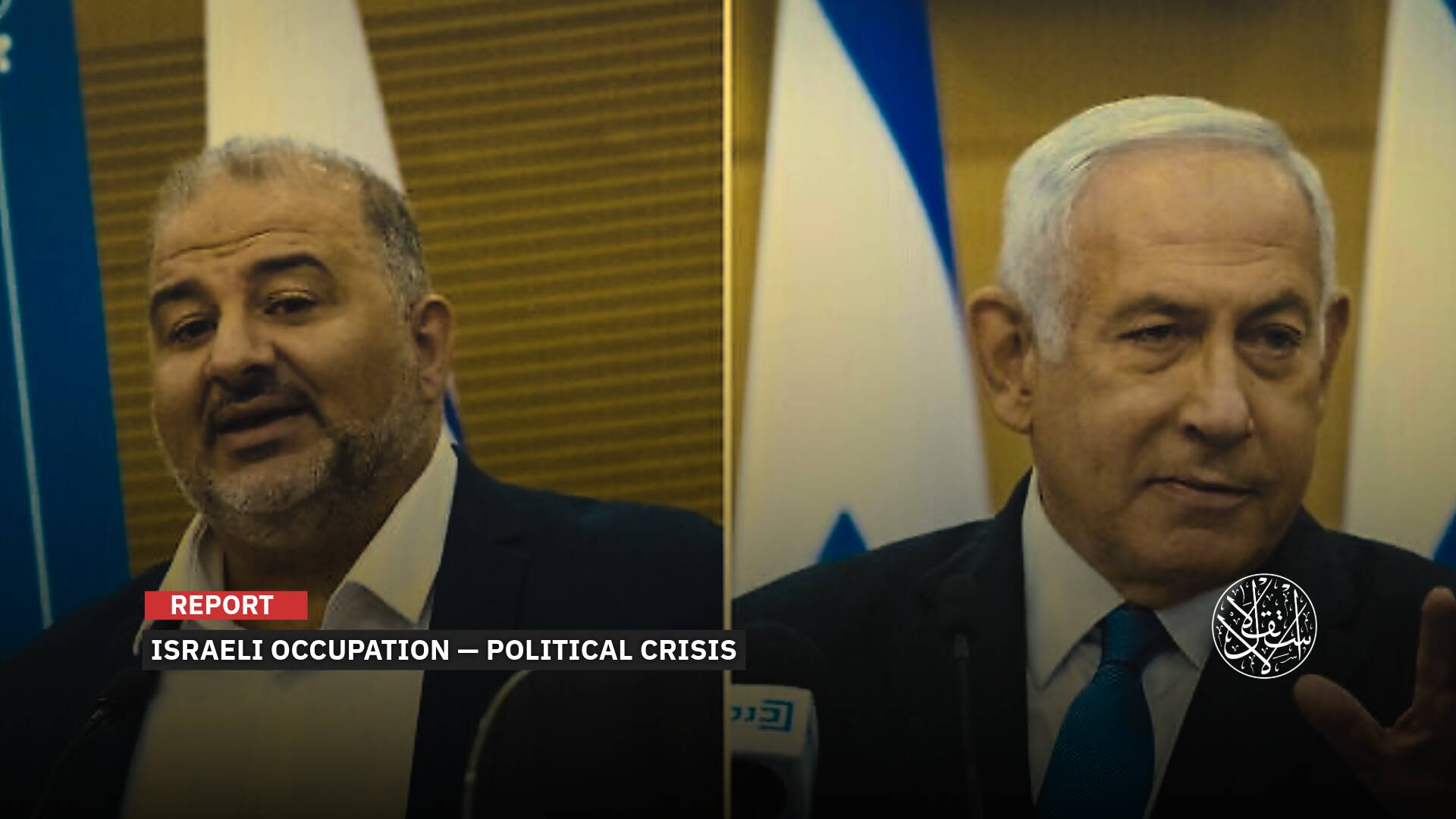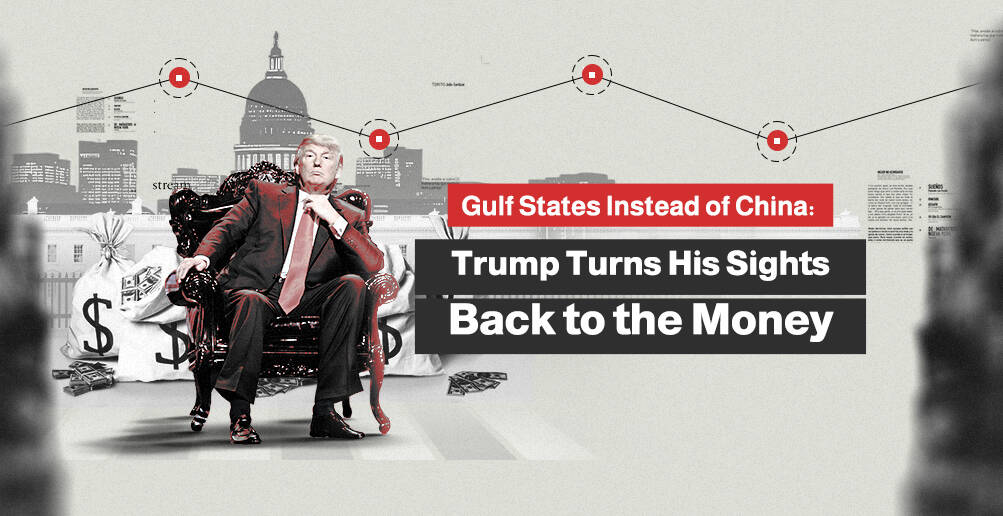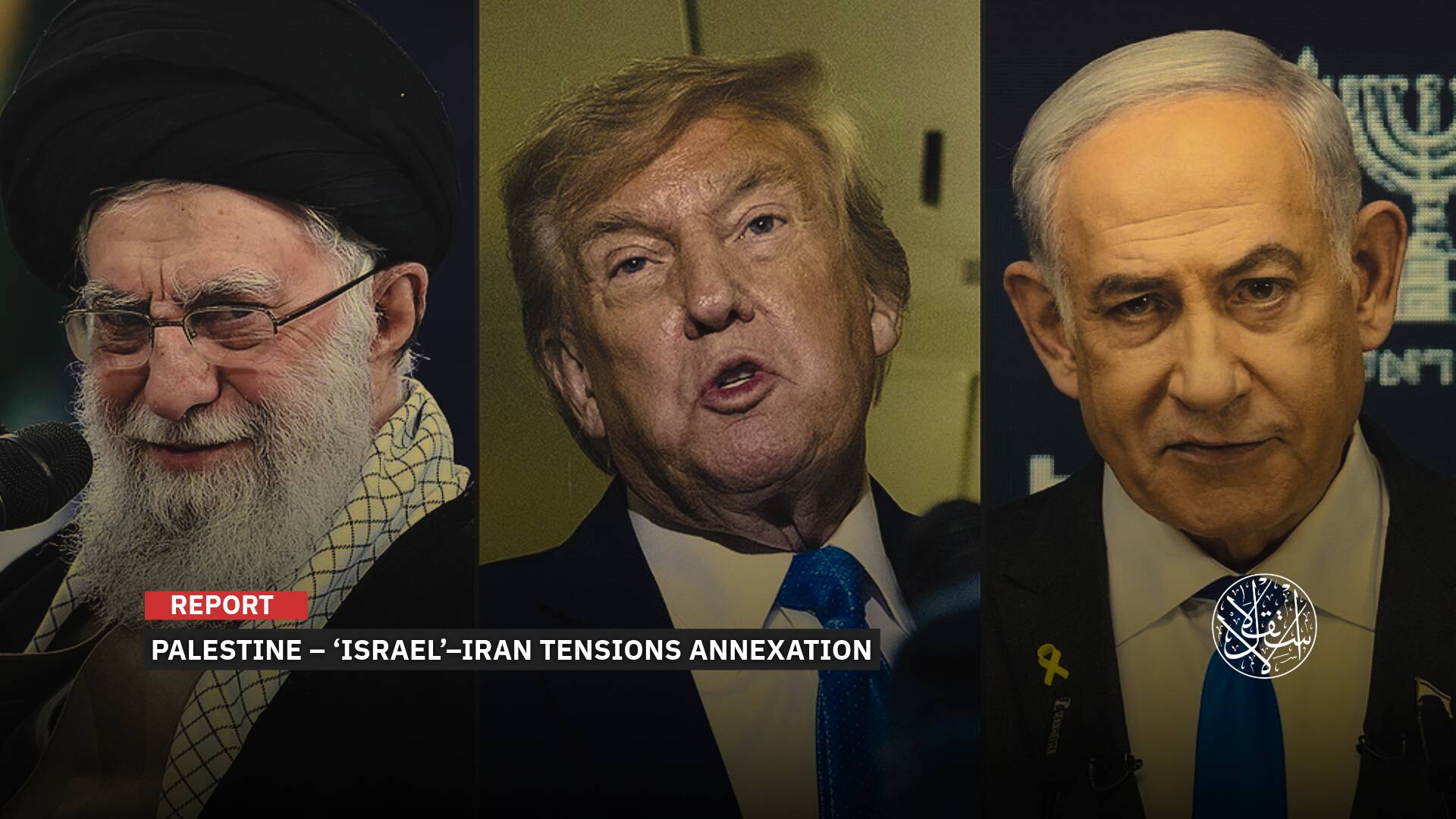Will Islamophobia Decrease After the U.N. Decision to Combat It?

The resolution garnered support from 115 nations, with 44 abstentions and unanimous consent, as no country opposed it.
On the occasion of the International Day to Combat Islamophobia, observed annually on March 15, the United Nations General Assembly endorsed a resolution outlining measures to counteract Islamophobia.
The resolution, introduced by Pakistan on behalf of the Organization of Islamic Cooperation, garnered support from 115 nations, with 44 abstentions and unanimous consent, as no country opposed it.
France, Britain, Germany, Italy, Greece, Sweden, Switzerland, Finland, Ukraine, and India were among the countries that abstained.
Turkiye played a pivotal role in the resolution’s development and presentation, marking March 15, 2022, as the International Day to Combat Islamophobia by the United Nations General Assembly, following a proposal by Turkiye and Pakistan representing the Organization of Islamic Cooperation.
Islamophobia Scourge
Antonio Guterres, the United Nations Secretary-General, characterized Islamophobia as a “scourge” indicative of profound denial and misunderstanding of Islam, its followers, and their societal contributions.
Post-resolution discussions led Guterres to assert that certain factions are “disgracefully” manipulating anti-Muslim sentiment and exclusionary tactics for political leverage, stating, “We must unequivocally name things for what they are… It all amounts to bigotry.”
Observers note that this decision is pivotal in the global fight against Islamophobia, particularly given the surge of anti-Muslim sentiment in Europe.
This rise has been exacerbated by European nations’ sanctioning of hate crimes against Muslims through the legitimization of Islamophobia and the enactment of laws curtailing their religious freedoms.
The resolution’s provisions include urging Member States to implement comprehensive measures, spanning legal and political domains, to address religious intolerance and violence targeting Muslims.
A key action item involves the request for Antonio Guterres, the United Nations Secretary-General, to appoint a special envoy dedicated to combating Islamophobia.
Moreover, the resolution condemns media content that fosters discrimination, violence, and religious animosity, alongside religious intolerance, stereotypes, and animus towards Muslims, extending to sacred texts and sites.
It advocates for intercultural, inter-civilizational, and interfaith dialogue. Additionally, it mandates the United Nations Secretary-General to compile a report on the resolution’s execution for presentation at the seventy-ninth session of the United Nations General Assembly.
Osama Fouad, an academic and researcher, regards the resolution’s stipulations as a commendable initiative signifying the United Nations’ shift from conceptual frameworks to tangible action.
In an interview with Al-Estiklal, he elucidated that the United Nations, serving as the collective voice of nations, designates such observances and milestones and, with this resolution, advances toward formulating actionable strategies, including the appointment of a special representative to counter Islamophobia.

Islamophobia Rise
In recent years, Europe and the broader Western world have seen a disturbing uptick in anti-Muslim sentiment and actions.
This has been marked by repeated desecrations of the Quran by far-right extremists in Sweden and Denmark and the publication of cartoons mocking the Prophet Muhammad by the French magazine Charlie Hebdo.
The gravity of this trend was underscored on March 15, 2019, with the Christchurch massacre in New Zealand, where Brenton Tarrant launched a deadly attack on worshipers at the al-Noor and Linwood mosques, leaving 51 dead and 50 injured.
On the International Day to Combat Islamophobia, United Nations rapporteurs issued a stark warning that global anti-Muslim sentiment has surged to alarming levels. They noted a pattern of attacks on mosques, cultural centers, schools, and Muslim-owned properties.
Taha Amer, head of the Association of Scholars and Preachers in Germany, attested that Western Muslims have borne a significant burden due to the rise of Islamophobia, facing both physical and verbal assaults.
He pointed out that Muslims are often hastily blamed in the aftermath of any terrorist incident.
In media statements, Amer highlighted the pervasive nature of hate speech, which has led to frequent and recurrent assaults on Muslims, as well as negative media portrayals and stereotyping.
The United Nations’ move to appoint a special representative to combat Islamophobia is widely regarded as a concrete step towards addressing this issue.
However, as Osama Fouad notes, the success of this initiative hinges on two factors: the authority and capabilities granted to the U.N. envoy and the level of cooperation from countries where Islamophobia is prevalent.
Fouad emphasized the need for democratic nations to provide the U.N. representative with comprehensive data on racism and Islamophobia, facilitated by local observatories dedicated to documenting such incidents.
Conversely, he pointed out that some countries, like China, have been less forthcoming with information on violations against Muslims, hindering the U.N.’s ability to investigate.
Marion Lalisse, the European Commission’s coordinator for combating anti-Muslim hatred, underscored the importance of documenting hate incidents and fostering awareness to effectively counteract them.
She advocated for a collaborative network among EU countries to gather data and share successful strategies for combating Islamophobia.

Western nations are actively addressing the issue of anti-Muslim sentiment within their borders.
Notably, Canada appointed its inaugural special representative to counter Islamophobia in late January this year, following a spate of attacks on Muslims.
However, according to Fouad, the success of these measures is closely tied to political determination.
Europe’s right-wing parties have exploited Islamophobia to rally their base and secure political advantage, fostering an environment where anti-Muslim rhetoric flourishes across the continent.
Amer argues that United Nations resolutions will be ineffective without the backing of Western governments’ political resolve, necessitating concrete actions and legislation to curb anti-Muslim hate.
Echoing this sentiment, Enes Bayrakli, a professor at Turkish–German University, highlighted in an Anadolu Agency interview the political hesitance to acknowledge Islamophobia. Avoiding the term, he suggests, equates to a denial of the issue’s existence.
Contrasting with governmental efforts, Amer emphasizes the Muslim community’s role in advocating for their rights, combating discrimination, embodying Islamic values through conduct, and forging extensive partnerships with societal entities for the common good.










